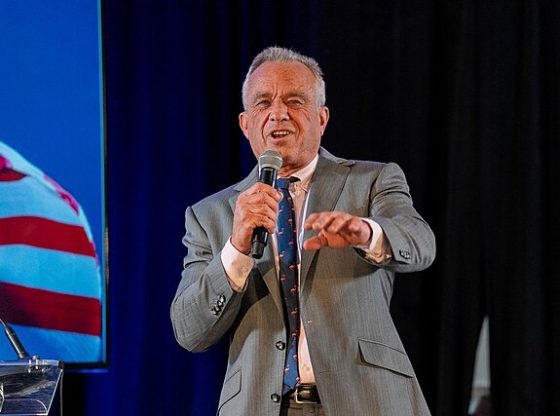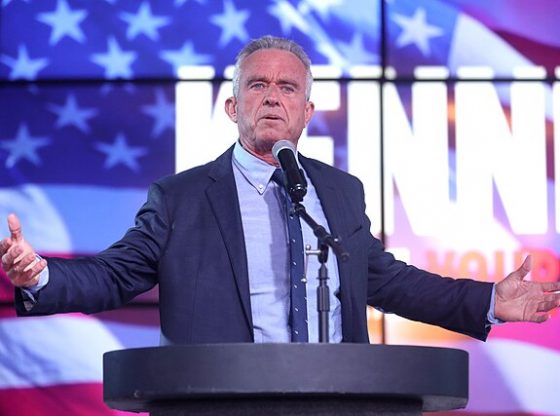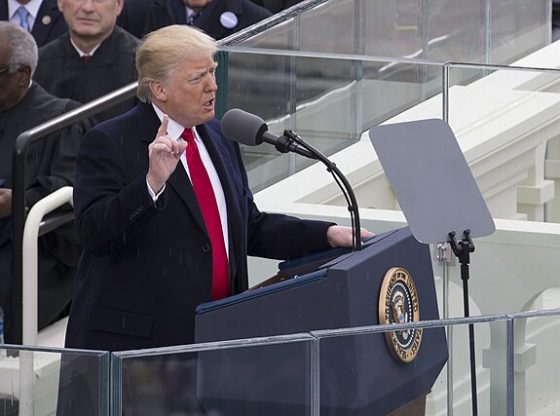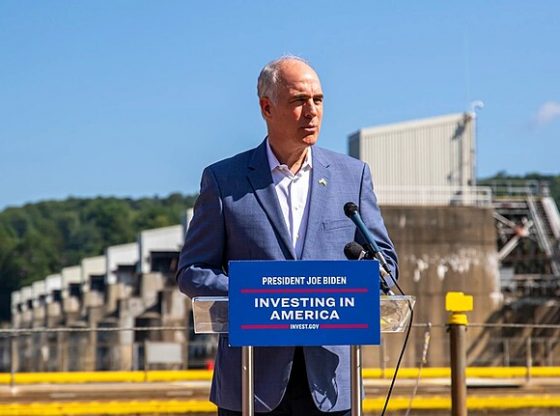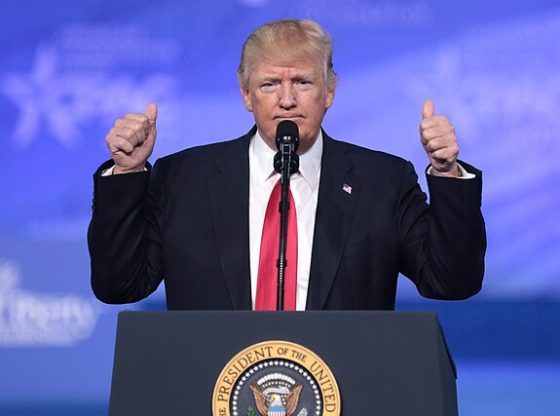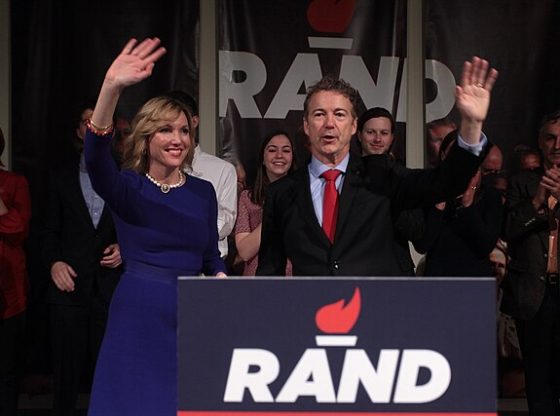The late Republican polling proved accurate. Donald Trump easily won the Florida Winner-Take-All primary, and in such a landslide that Sunshine State Senator Marco Rubio was forced to suspend his campaign. Winning Florida entitles Trump to the state’s 99 delegate votes.
In Ohio, the survey research also foretold the growing John Kasich momentum in his home state, culminating with the Governor notching an 11-point victory over the New York real estate mogul. Therefore, Kasich captures Ohio’s 66 Winner-Take-All delegates.
On the Democratic front, former Secretary of State Hillary Clinton may have delivered the political knockout punch that she has needed to put the nomination battle to bed. Winning the Florida, Ohio, North Carolina, and Illinois primaries will increase her already substantial delegate lead, thus beginning to put her in sight of the 2,383 convention votes to win the nomination. For his part, Sen. Bernie Sanders only outpolled Ms. Clinton in Missouri.
Mr. Trump also placed first in North Carolina and Illinois, which will add to his delegate totals. Since those two states have no vote threshold requirement, all candidates, including Rubio, added to their delegate totals. Mr. Trump fought Sen. Ted Cruz to a virtual draw in Missouri, leading by less than 2,000 votes statewide, but due to the congressional district winner-take-all system the state employs his actual delegate take may be as high as 34-15. The three Republican National Committee delegates are unbound.
Trump will finish the evening committing just about 200 delegate votes. Gov. Kasich will be in the 90 range, and Sen. Cruz closer to 60. Once the totals are finalized, Trump will have about 660 pledged delegates for the campaign to date, while Sen. Cruz, his closest competitor, will trail by more than 200 delegates. The question remains, however, can Trump get to the 1,237 votes he needs on the first convention ballot? Coming up short in Ohio last night likely portends a similar national result.
Considering that some of Trump’s potentially strongest states: New York, New Jersey, Connecticut, Pennsylvania, Delaware, still haven’t voted, it appears virtually impossible that Cruz and/or Kasich can overtake him for first position. But, they certainly can, and likely will, deny him getting the majority of delegate votes when the convention begins in Cleveland.
For Trump to win the nomination, he will need to secure 59% of the remaining 983 delegates. So far, he has won 44% of the 1,489 delegates that have been pledged or remain unbound. Most of the three RNC delegates per state, the states of Colorado, North Dakota, Wyoming, and most of Pennsylvania, along with the territories of Guam and the Virgin Islands will go to the convention as “unbound” or free agent delegations. This means they are not bound by state law or rule to vote for a particular candidate on the first ballot. These delegates will become very important once the contest goes into “political overtime”, the period between the final primaries on June 7th, and the beginning of the national convention on July 18th.
Trump’s task to pledge delegates is even more difficult when realizing that 152 of the remaining delegates are in the unbound category. Therefore, of the eligible delegates left to pledge (831), Trump will need to secure 69% of this group in order to officially clinch the nomination after the primaries conclude on June 7th.
Obviously, it goes without saying that Trump’s path to a pre-convention majority is very turbulent. Hence, we are likely to see the first contested, or brokered, Republican convention since 1940.
Other Races
Businessman Warren Davidson (R), with strong support from the Club for Growth, posted 32% in the OH-8 Republican special primary election last night, which was enough to defeat 14 opponents, including state Representative Tim Derickson and state Sen. Bill Beagle. This is the seat former House Speaker John Boehner resigned when he left Congress earlier in the year.
The special general election is June 7th, but that is largely pro forma. Davidson will now face Democrat Corey Foister and two Independents. The newcomer also won the Republican primary for the regular two-year term, which will be decided in November.
Sen. Rob Portman (R-OH), as expected, won an easy 82% nomination victory. He will face former Gov. Ted Strickland (D-OH), who garnered 65% in the Democratic primary.
All congressional incumbents easily won their respective nominations.
In the Illinois state primary, Sen. Mark Kirk (R) was re-nominated with a 71% victory. Also as expected, Rep. Tammy Duckworth (D-IL-8) captured 64% against two Chicago Democrats, so she and the Senator will face each other in what promises to be a hot November election.
All Illinois congressional incumbents were re-nominated with the closest race being that of ten-term Rep. John Shimkus (R) who scored a 60-40% win opposite state Sen. Kyle McCarter (R). Former US Rep. Brad Schneider, who lost his seat to Rep. Bob Dold (R) in the 2014 election, returned to capture the Democratic nomination last night with a less-than-inspiring 55-45% win over local town president Nancy Rodkin Rotering. In Rep. Duckworth’s open 8th District, former Deputy State Treasurer Raja Krishnamoorthi scored a 57% Democratic primary win over two opponents. He will easily win the general election and become part of the 115th Congress.
In the North Carolina state primary, Gov. Pat McCrory (R) and Attorney General Roy Cooper (D) scored landslide victories in their respective primaries, and will face each other in what will be a hard fought gubernatorial general election.
Sen. Richard Burr (R) won a rather tepid 61% re-nomination in his primary election. The Democrats nominated outright former state Rep. Deborah Ross to oppose him in the general election. Sen. Burr will begin the general election campaign as a strong favorite.

